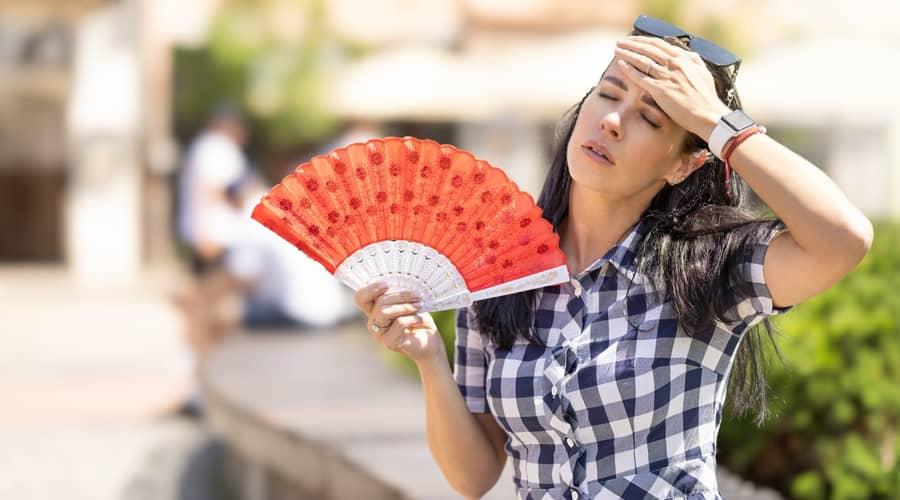



During the summer months, our bodies are exposed to increased strain. High temperatures affect not only our general well-being but also the functioning of the circulatory system. The effect of heat on blood pressure is a particularly important issue, as it poses risks for both people with low and high blood pressure. But how does our body react to heat, and what can we do to reduce the risks?
What Happens to the Body During Heat?
The body naturally tries to adapt to external conditions. When the temperature rises, blood vessels dilate to help release heat—this is known as vasodilation. As a result, the pressure within the vessels decreases, meaning blood pressure may drop. This mechanism clearly illustrates that the effect of heat on blood pressure can be felt even in the short term.
The body also increases sweating to aid cooling, but this process leads to significant fluid and electrolyte loss. This often results in low blood pressure, fatigue, and dizziness.
Effect of Heat on Blood Pressure in People with Low Blood Pressure
For people with low blood pressure, summer heat can present a serious challenge. Heat can cause blood pressure to drop even further, leading to unpleasant or even dangerous symptoms such as:
In this case, the effect of heat on blood pressure requires increased attention. Regular hydration, maintaining an adequate salt intake, and avoiding prolonged sun exposure or physical exertion during the hottest hours of the day are all important.
Effect of Heat on Blood Pressure in People with High Blood Pressure
For those with high blood pressure, the summer season requires special caution. While it may seem beneficial at first that warm weather lowers blood pressure, in reality, it can reduce it too much—especially if the person is also taking blood pressure medication. In such cases, the combined effect of heat on blood pressure and medication could lead to excessive blood pressure drops.
Therefore, the effect of heat on blood pressure in such cases may warrant medical consultation—it might be necessary to temporarily adjust the medication dosage.
The Additional Risks of Dehydration
Excessive sweating is unavoidable on hot days. Without sufficient fluid intake, this can easily lead to dehydration, which directly affects blood pressure. Less fluid = lower blood volume = lower blood pressure. Additionally, dehydration can impair circulation efficiency and place stress on the heart.
This is why it’s especially important to drink at least 2–3 liters of water daily during summer, even if you don’t feel thirsty.
Tips for Safe Blood Pressure Management in Summer
While the effect of heat on blood pressure cannot be completely avoided, the risks can be significantly reduced through conscious lifestyle choices:
High-Risk Groups
Certain people face increased risks from the effect of heat on blood pressure. These include:
For them, the most important advice is to pay extra attention and regularly monitor their blood pressure.
